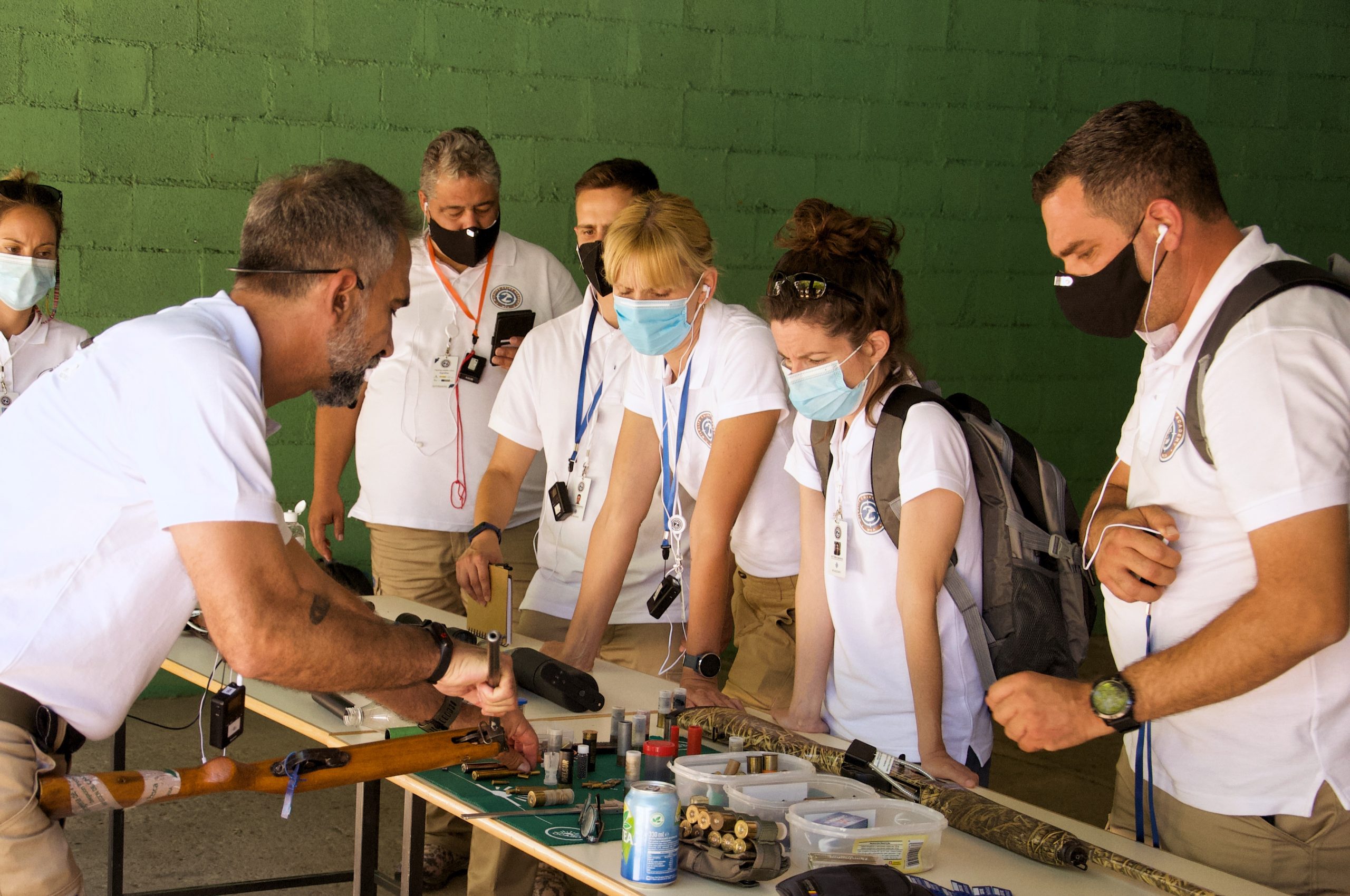Over recent decades, around 40-50 Griffon Vultures have died of poisoning, leaving Cyprus with an extremely low population of just 20 birds. These are losses that could have been avoided or at least, if even one of the perpetrators had been brought to justice, could have contributed in preventing further wildlife poisoning.
Poisoning, poaching, trapping, collision, electrocution — all examples of serious wildlife crimes — are overlooked and under-prosecuted not only in Cyprus but in other European countries too.
Key to changing this is collaboration between competent authorities and organisations, building capacity and knowledge that will allow authorities to handle such cases and law enforcement which results in high penalties and even imprisonment when it comes to use of poison and poisoning protected species.
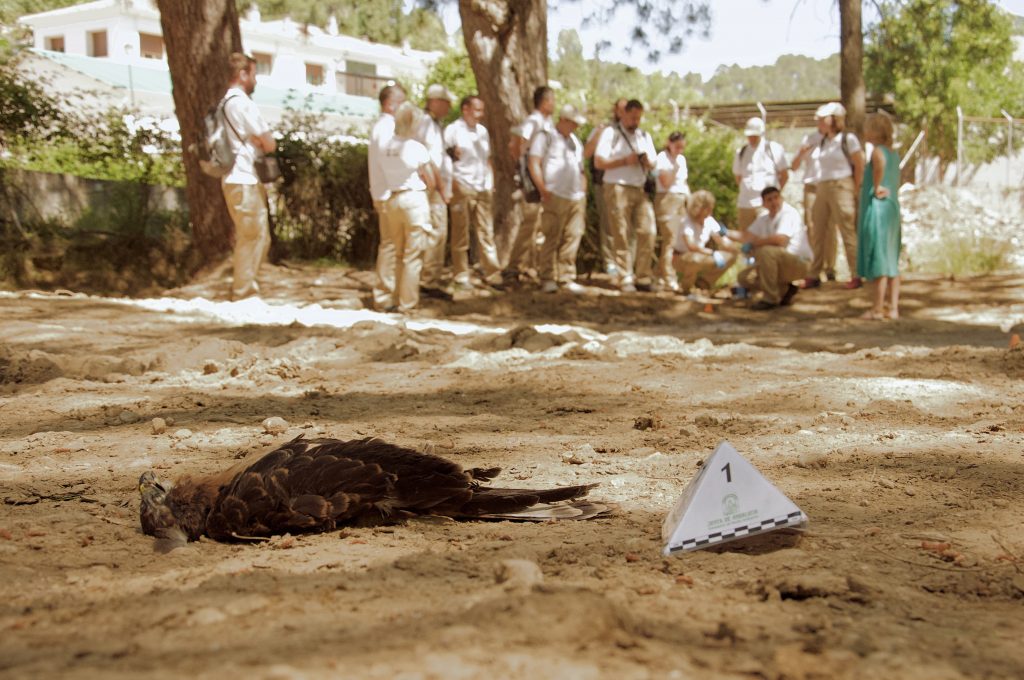
At the end of June 2021, the Spanish Government, the Junta de Andalucía and the Vulture Conservation Foundation (VCF) held the first-ever Wildlife Crime Academy (WCA) in Spain. Thanks to the “LIFE with Vultures” project, officers from the Game and Fauna Service, the Cyprus Police, the Veterinary Services, the State General Laboratory and BirdLife Cyprus participated in this first training of its kind, which achieved real engagement and provided the necessary skills to relevant stakeholders to effectively fight wildlife crime in different European regions.
The aim of the Wildlife Crime Academy is to fill the knowledge and capacity gaps and to change attitudes towards wildlife crime. Investigation and handling based on agreed protocols allow effective action against these crimes to avoid occurrence of similar cases in the future.
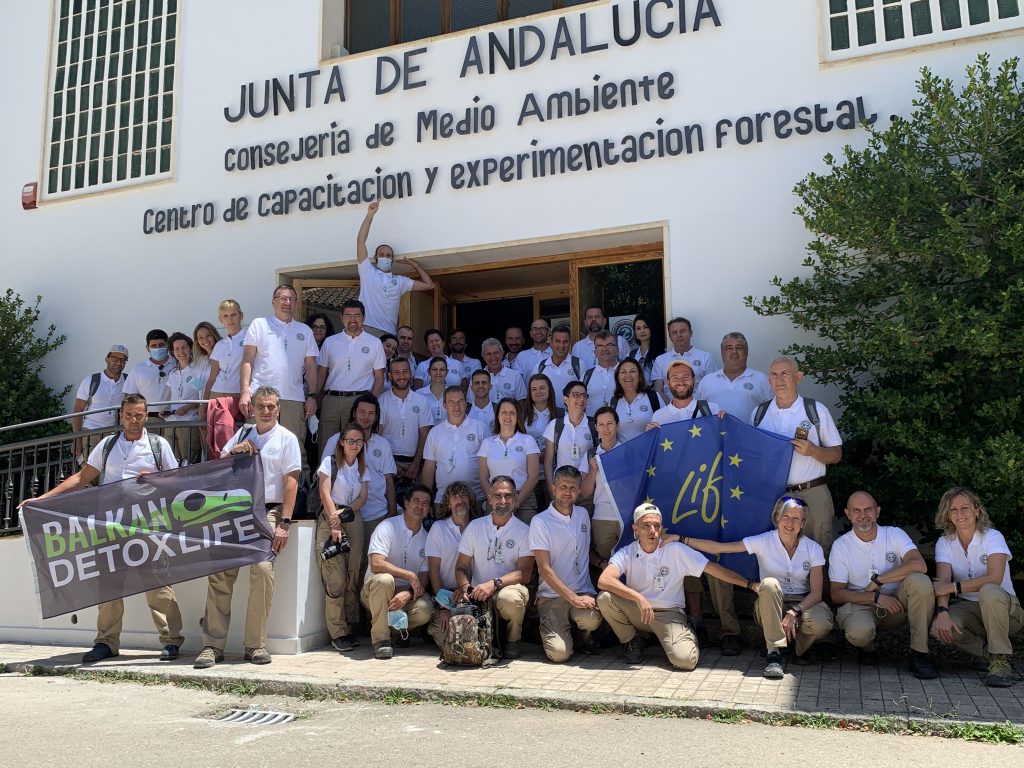
A total of 34 professionals working in conservation, law enforcement and forensic science traveled from Albania, Bosnia-Herzegovina, Bulgaria, Croatia, Cyprus, Greece, the Republic of North Macedonia, Serbia and Spain to learn how to investigate wildlife crime, from Crime Scene Investigation (CSI) and forensic analysis to the final procedure before the courts. This event marked a milestone for Cyprus and other countries as collaboration among stakeholders is key in anti-poison efforts. The Cyprus participation is only one part of the anti-poison effort in Cyprus for the conservation of Griffon Vulture being achieved through the “LIFE with Vultures” project.
Briefly, the basic course included theory focused on poison bait use and its impact on threatened species, workshops on Crime Scene Investigation (CSI), on interpreting victim body posture, identification of weapons, calibers and ammunition and an evaluation field exam on different scenarios of wildlife crime. The expert trainers who generously shared their best practice experience were form Junta de Andalucía.
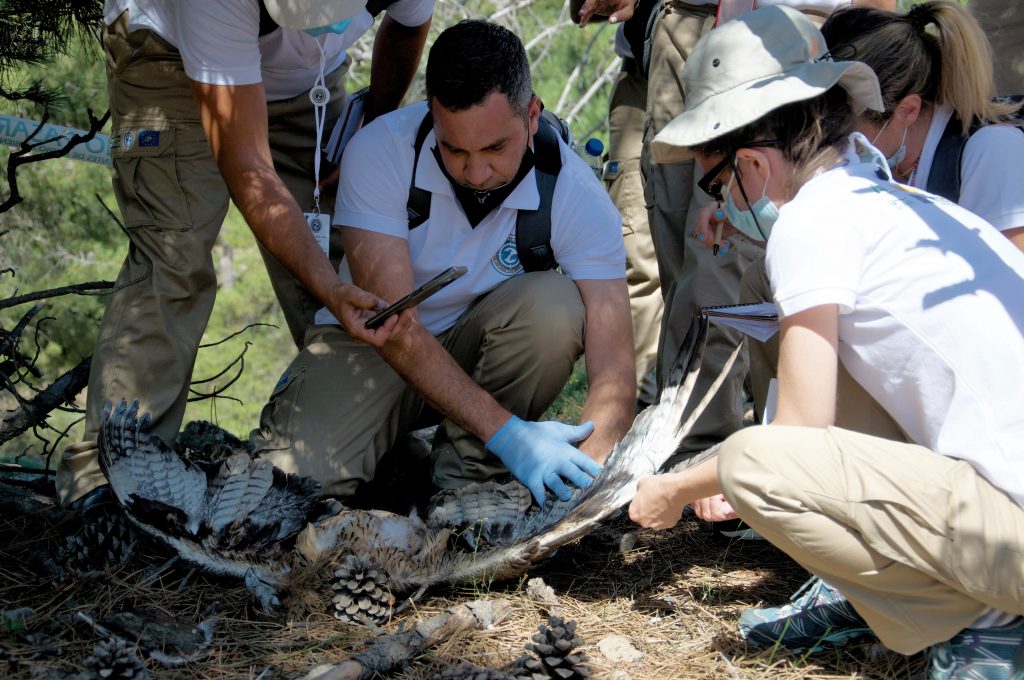
Participants will reunite once again during the Advanced Course foreseen for autumn 2021, to enhance their specialization in their respective areas of expertise. The goal of the Wildlife Crime Academy is to provide the opportunity to as many people as possible across Europe, and eventually worldwide, to receive the necessary training to combat wildlife crime. With the completion of the advanced course, participants will be in a position to transfer this knowledge and expertise to their colleagues in their countries, thus contributing in combating poisoned-bait use in the countryside.
This event took place within the scope of the Balkan Detox LIFE project, which MAVA supports within the framework of the action plan on reducing the mortality of birds in the Mediterranean Basin. Cyprus participation was funded by MAVA and the LIFE with Vultures project.
